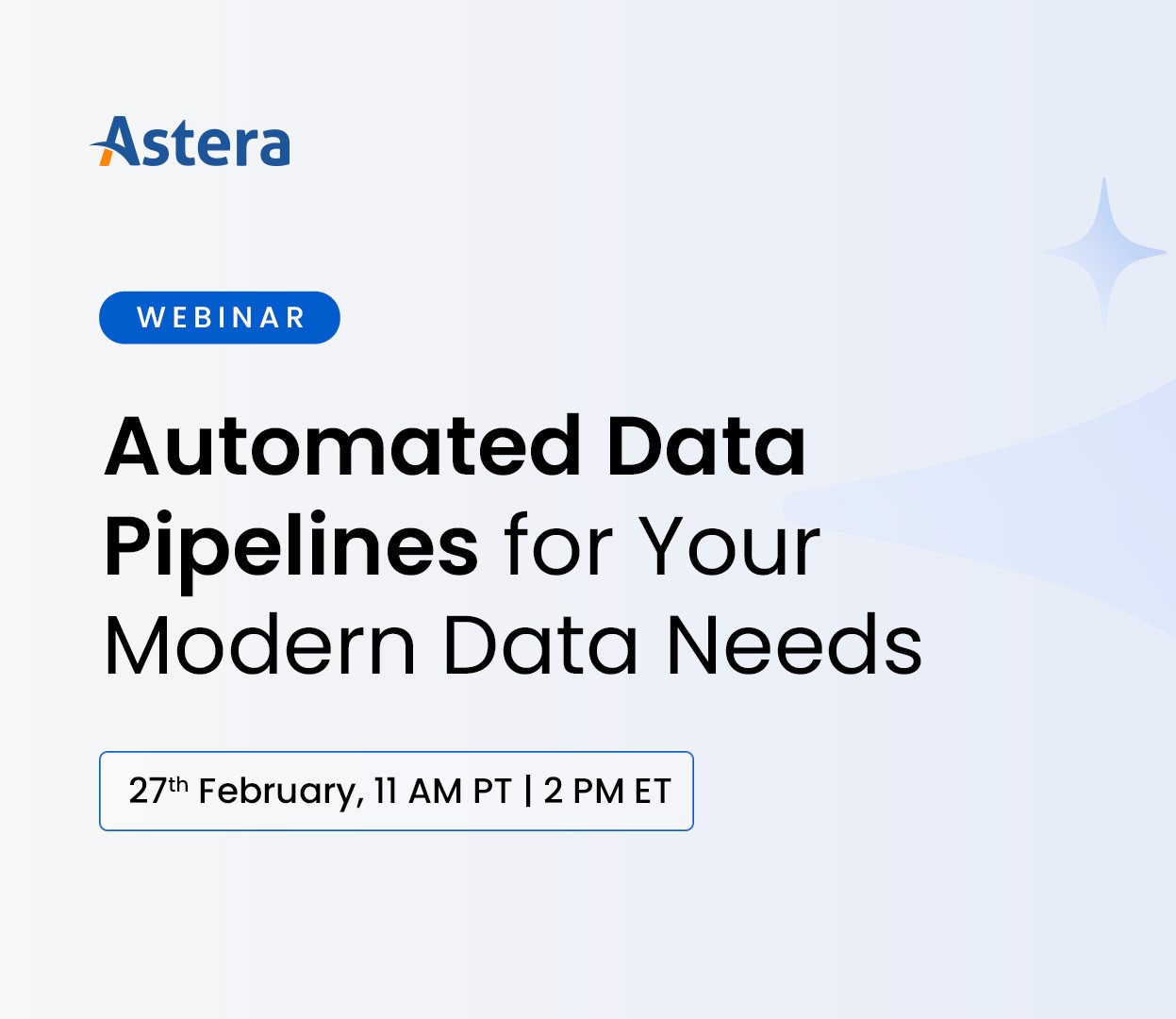
Best Data Profiling Tools For 2024 + A Guide On Selecting The Right One
In a world that’s more connected than ever, data volumes within the enterprise and individual systems continue to rise, data profiling is as important as ever. While managing such a massive amount of data is tricky, there’s another big challenge: data quality management.
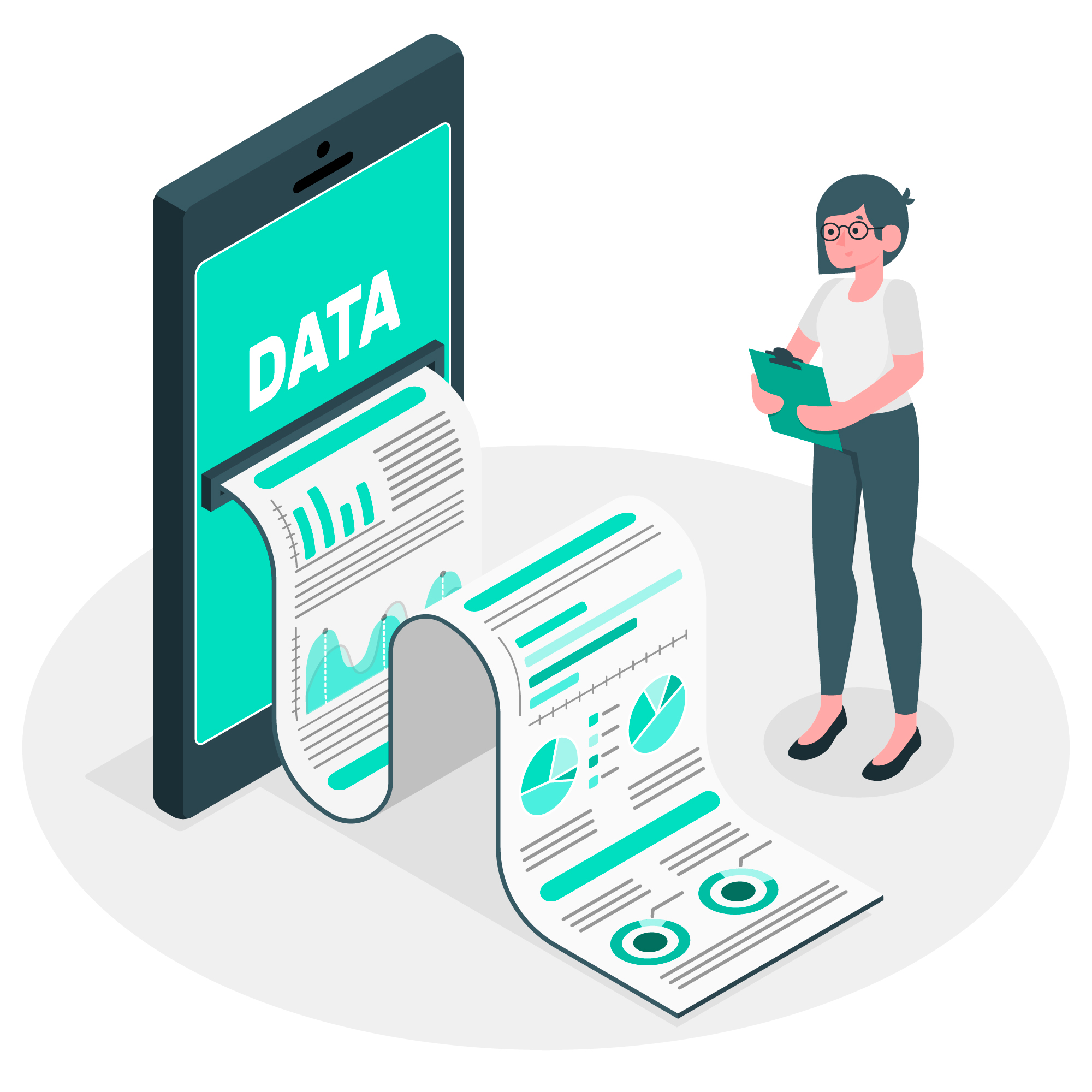
Source: Data Ladder
Do you know data quality issues cost companies in the US more than $3 trillion annually? It translates into financial loss, revision in policies, and marred reputation for many businesses.
But why do data quality issues occur?
Because big data is often riddled with errors, lacks consistency, or contains duplicates. This can cause interruptions and complications in business processes, resulting in wasted opportunities and decreased ROI.
This is where data profiling tools come in handy. It analyzes and gives a complete breakdown of the source data to help users understand and uncover actionable insights to improve business intelligence and ensure data is consistent. Data profiling in ETL is vital to ensuring data quality and data integrity.
In this article, we’ll explain what data profiling is, why are data profiling tools essential for businesses, and how data profiling tools help simplify this task.
What is Data Profiling?
Data profiling is the process that helps evaluate data integrity by presenting a complete breakdown of its statistical characteristics, such as error count, warning count, duplicate percentage, and minimum and maximum value, enabling detailed data inspection. This provides a detailed data quality assessment.
Data profiling offers critical insights into the information that an organization can leverage to its benefit for decision-making and analysis.
Data profiling software use analytical algorithms to help scrutinize the data to determine its validity. These tools play a vital role in helping businesses streamline their data strategy with its principles and objectives. Now that we know what data profiling is let’s discuss the different processes that require data profiling.
How a Data Profiling Tool Can Help?
Data profiling tools ensure the validity of data processes as they help you answer the following questions regarding your data:
- Does the data contain any null or blank values?
- Are there any anomalies in the data? Do they have a distinct pattern?
- Does it contain any duplicate values? What is the ratio of unique values?
- What is the range of importance in the source data? Are the minimum and maximum values within your expected range?
Getting the answer to these questions can help you maintain your enterprise data quality and eradicate errors that can negatively influence the business processes.
Data Profiling Tools Use Cases
Generally, data profiling is used in the following processes:
Data Migration
Data migration involves moving a high volume of information across heterogeneous systems, such as files, databases, etc. However, before initiating the transfer via a data migration tool, it is essential to profile the data to identify discrepancies and resolve them to maintain consistency between the old and new systems.
Data profiling tools at an initial stage of migration can reduce the risk of errors, duplications, and incorrect information.
Data Integration
Data integration creates a holistic view of enterprise data by merging it from disparate sources. Profiling data in the initial phase of integration ensures no errors when source data is integrated and loaded into a data warehouse, data hub, or data mart.
Data Cleansing
Data cleaning, a primary step in the data preparation process, helps with error rectification and deduplication to authenticate the validity and relevance of the data. However, data cleansing is only beneficial for data sets you know are corrupt. Often, poor quality data loiters in the system unnoticed and unaddressed until it is identified via data profiling.
Thus, data quality and profiling tools methodically examine vast amounts of data to identify incorrect fields, null values, and other statistical irregularities that might affect data processes.
How to Select the Right Data Profiling Tool
This section will help you decide on the right data profiling software for your business.
Data Sources and Compatibility: Before anything else, the solution you choose should offer connectivity to your required data sources. Many profiling solutions offer pre-built connectors with the option of creating a custom one, as well. See where data is coming from into your company and choose accordingly.
Data Profiling Features: The more the better. Some common features that should be present in your chosen tool are summary statistics, data discovery, data quality assessment, and data distribution analysis. The market leading tools go beyond and offer robust supplementary functionalities, including data validation rules and data visualizations.
Ease of Use: No-code tools are becoming increasingly popular. They empower business users to perform complicated data management tasks, from profiling to data warehouse modeling. Companies can also opt for open-source alternatives. However, these require coding and come with a steep learning curve.
ETL Support: Once data is collected and profiled, it needs to be cleansed, prepared, and loaded into a central location in a structured manner. Robust tools, like Centerprise, allow teams to ETL their data and create end-to-end data pipelines, offering a complete data management solution.
Data Processing Needs and Scalability: How much data needs to be processed? The amount of data ingested varies with the size of the business and will influence the tool teams choose. The volume of data generated and collected by companies might increase in the future, necessitating a scalable software.
Automation and Scheduling: These two features help further streamline workflows and improve efficiency. Automating profiling tasks helps teams focus more on analyzing data and fixing errors in real-time than on data preparation.
Support and Reviews: Teams should look for a vendor that provides thorough trainings based on tailored use cases. Also, they should look for companies that have high support ratings and industry recognition. For reviews, check authoritative sites such as TrustRadius and G2.
The Best Data Profiling Tools for 2023
Astera Centerprise
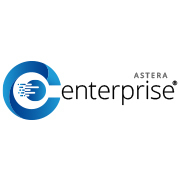
Astera Centerprise is an enterprise-level data integration tool with robust, built-in data quality and profiling features. The best part about Centerprise is that it is completely code-free and comes with a simple, drag-and-drop interface, which makes it accessible to non-technical users as well.
Some of the key features of Astera Centerprise, which makes it an ideal data profiling tool include:
- Data Quality Mode: Apart from the regular logging features, Centerprise offers a unique Data Quality Mode, designed for advanced profiling and debugging purposes. When you open or create a dataflow in this mode, you will notice that most objects on the dataflow display the Messages node with output ports. This feature provides valuable insights and information related to data quality, facilitating more efficient and effective data handling.
- Data Profile: The Data Profile feature offers comprehensive statistics for each selected data field when the dataflow is executed. These statistics include both basic and detailed information, such as the data type, minimum and maximum values, data count, error count, and more.
- Data Quality rules: Users can define custom rules for filtering data. The Data Quality rules object supports extensive arithmetic and Boolean conditions.
- Pre-built Transformations: Once profiled, users can customize their data on a record level and a set level with a range of data transformations, such as filter, join, merge, normalize, etc.
- Data Cleanse Transformation: The tool has a data cleanse transformation that allows users to clean data by standardizing it (For example, bringing the phone numbers to the same format, +001), and removing whitespaces and punctuations etc. The transformation also supports the option to modify data. So, for example the phone numbers don’t start from 00 or +1, it will add to the data to ensure uniformity and consistency.
- Data Lineage Management: This feature allows users to see the data journey. Where the data originated from and what transformations it went through.
- Automation: Centerprise empowers teams to automate the entire data journey from arrival to profiling to uploading to the cloud, allowing them to focus more on creating effective strategies and less on repetitive tasks.
DataCleaner

DataCleaner is an open-source data profiling tool that supports data wrangling, validation, and cleansing. It also provides visualizations through dashboards for better reporting and analysis. The tool offers:
- Free data profiling.
- Data enrichment.
- Bar and graph visualizations.
- Reference data matching.
- Data quality checks.
- Date gap analysis.
There are two versions of this tool. The community edition is free for everyone, while the pricing for the advanced version is available on request and varies according to the use case in question.
Talend Open Studio
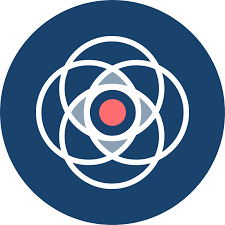
Talend Open Studio is another open-source data quality and data integration solution. It provides connectivity to a host of RDBMs and CRMs and has a very active community contributing to the tool. Some of its key features include:
- Data cleansing and validation.
- Data integration from multiple sources.
- Batch processing.
- Intuitive user interface and data visualization capabilities.
Although free, users can upgrade to a paid package to unlock further data management features.
Informatica Data Quality
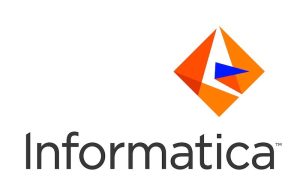
Informatica Data Quality is another option for ensuring data quality and observability. It is available as a plug-in for Informatica Powercenter. It uses pre-built quality rules to streamline data cleansing. The tool also enhances visibility into your data through custom dashboards and visualizations. Key features include:
- Pre-built rules and accelerators.
- Data Quality Developer Tool for enterprise-wide collaboration.
- Data Quality Analyst Tool for browser-based data profiling.
- Custom interfaces based on specific user roles.
- Cloud and on-premise deployment.
There is an option for a free trial and a paid option with pricing available on request.
Factors to Consider When Choosing Data Profiling Tools
- Data Types and Formats: The first and foremost consideration when selecting a data profiling tool is its ability to handle various data types and formats. Data in modern organizations can come in diverse forms, such as structured, semi-structured, and unstructured data. The chosen tool should support common data formats like CSV, JSON, XML, and database files. Additionally, it should efficiently handle different data types, including numeric, text, and date data.
- Scalability and Performance: The volume of data generated and processed by organizations is growing rapidly. Therefore, the data profiling tool you choose should be scalable to accommodate large datasets without compromising performance. It should efficiently handle data profiling tasks, even when dealing with massive volumes of information. An effective tool should have optimization capabilities to perform profiling tasks swiftly and with minimal resource consumption.
- Integration with Existing Systems: To avoid disrupting the existing workflow and to ensure a smooth data profiling process, it is essential to choose a tool that seamlessly integrates with your organization’s existing data infrastructure. The data profiling tool should be able to connect to various data sources, such as databases, data lakes, and cloud-based storage, allowing you to profile data wherever it resides.
- User Interface and Ease of Use: User-friendliness plays a vital role in maximizing the tool’s potential and facilitating its adoption across teams. The tool should have an intuitive and well-designed user interface that enables users of all skill levels to navigate and utilize its features effectively. An easy-to-use data profiling tool encourages collaboration and empowers data analysts and business users alike to make data-driven decisions.
- Customization and Extensibility Every organization has unique data profiling requirements. Hence, the tool should offer a level of customization to adapt to specific business needs. Look for a tool that allows users to create custom profiling rules, metrics, and algorithms, enabling them to tailor the profiling process according to their data quality objectives. Furthermore, the tool’s extensibility is crucial, as it should integrate with third-party plugins or extensions for enhanced functionalities.
- Cost and Licensing: Cost is a critical consideration in any tool selection process. Evaluate the pricing models of various data profiling tools and consider how they align with your organization’s budget. Additionally, pay attention to the licensing terms, as some tools may impose limitations on the number of users or data sources. Ensure that the chosen tool provides value for money and aligns with your data profiling needs.
Automate Data Profiling with Astera Centerprise
Understanding different aspects of your enterprise data pipeline can help you efficiently manage your business operations, strategize an efficient business plan, and decide longstanding objectives. And data profiling tools can help you accomplish these goals.
Astera Centerprise is an enterprise-grade data integration software that supports data profiling in ETL in a code-free environment with a drag-and-drop interface, in addition to data quality and cleansing. The data profiling capabilities in Astera Centerprise ensure that users access accurate data with minimal IT support.
 Astera AI Agent Builder - First Look Coming Soon!
Astera AI Agent Builder - First Look Coming Soon!

